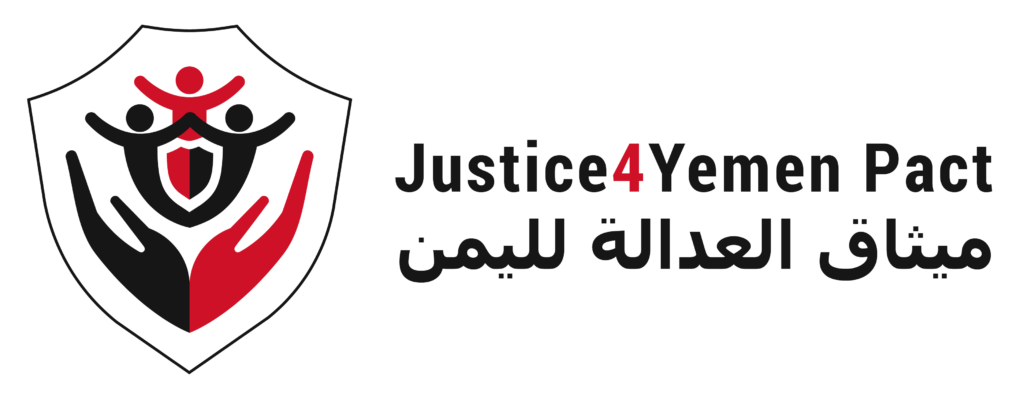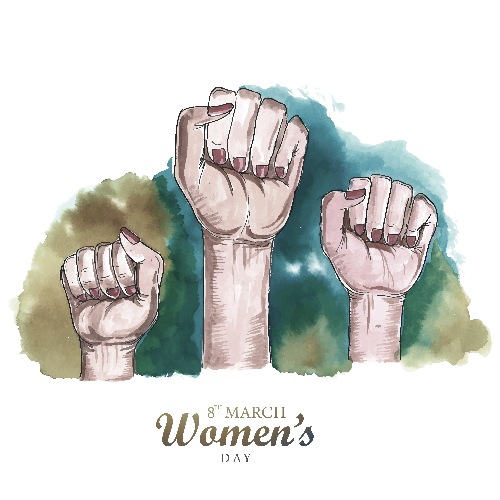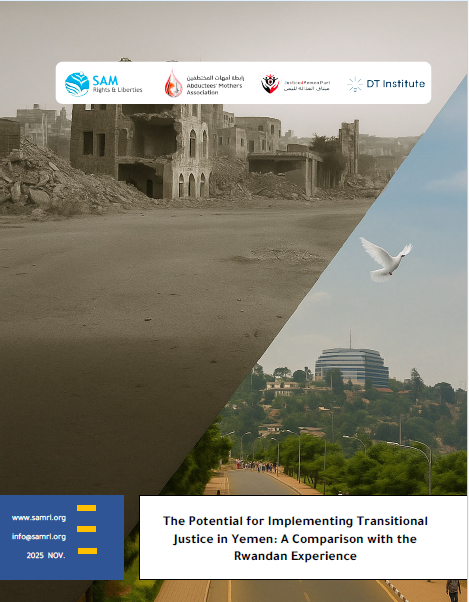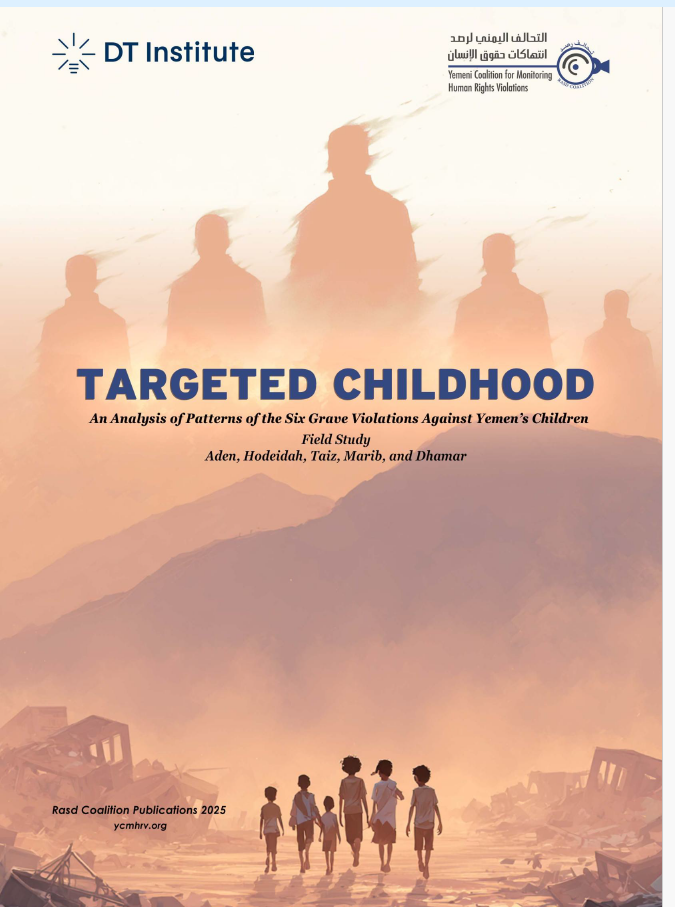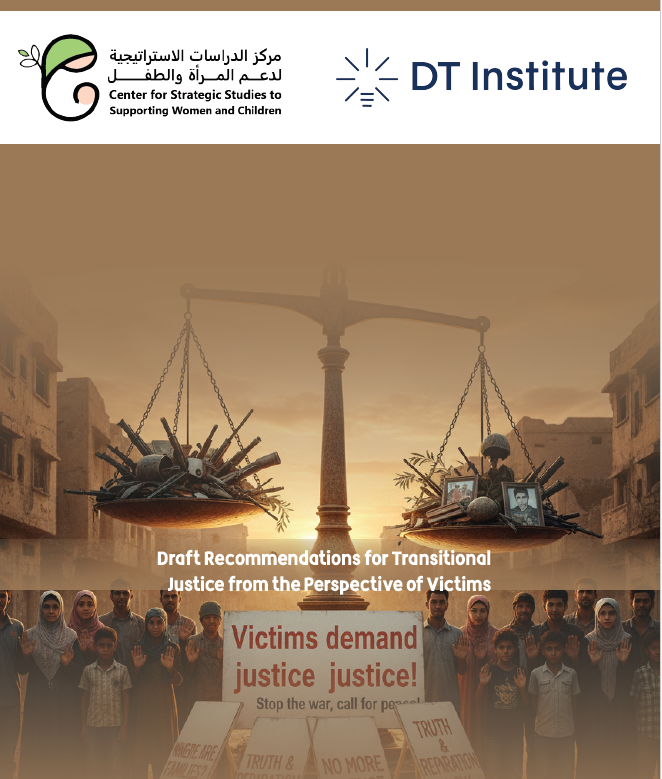March 8: A Reminder that Women Human Rights Defenders in Yemen Are Alone
March 8, 2024
On International Women’s Day, we honor Women Human Rights Defenders (WHRDs) globally for their unwavering dedication to justice and equality. Yet, urgent attention is needed for the overlooked challenges faced by WHRDs in Yemen, navigating conflict, insecurity, and limited support. They address issues like gender-based violence, education, and healthcare, working diligently in the shadows.
The neglect of WHRDs in Yemen intensifies their struggles, making them vulnerable to threats and violence. The international community must swiftly recognize and address the unique challenges faced by these courageous women at the forefront of human rights advocacy.
Regrettably, scarce reports shed light on the tireless efforts of WHRDs and document the myriad challenges they endure, including life threats to them or their families or the loss of their beloved ones. A recent BBC report highlighted the challenges WHRDs are facing in Yemen.
Moreover, WHRD Fatima Al-Arwali faces a death sentence from the Ansar Allah Movement (Known as Houthis), charged with aiding perceived enemies, with reports indicating serious concerns about her ill treatment in prison.
The challenges faced by WHRDs in Yemen stem from weak governance, structural issues, and existing negative social norms that restrict their ability to effect change. One instance involves a defender in Hadramout facing retaliation for standing with an abused woman, illustrating the societal barriers WHRDs confront.
Women in Yemen face also severe restrictions on freedom of movement, contributing to significant barriers for independent activism. WHRDs working with humanitarian actors report limitations, often lacking a mahram (male guardian) for travel, forcing some to leave roles, resulting in financial losses.
WHRDs in Yemen face the worst defamation campaign by all warring parties, becoming targets of misogynistic attacks and gender-based violence, further fueled by disinformation campaigns. It started under the Houthi-run areas through media propaganda and expanded nationwide due to false campaigns led by unknown social media accounts. The weaponization of negative gender norms against civil society organizations and women activists escalates attacks, with the absence of a justice system contributing to a harmful societal belief.
Women activists now face the stigma that they are working for unethical motives or for the “enemies.”
Furthermore, Women Human Rights Defenders (WHRDs) often lack support and access to protection systems, finding themselves isolated and paying a high price for their advocacy. Reports to the Justice4Yemen Pact indicate difficulties in obtaining registration and encountering limitations in their work.
The challenges for WHRDs are extensive, but as we observe International Women’s Day, let’s not forget the overlooked WHRDs in Yemen. Urgently acknowledging their struggles, the international community must actively strive to dismantle the structural barriers hindering their vital work.
Justice4Yemen Pact Recommendations:
- Strengthening Protection Networks for Women Activists: Enhance access to mechanisms and networks that empower WHRDs with skills to safeguard their work and identities, fostering a resilient and supportive community.
- Supporting Local Human Rights Organizations: It is imperative to support local human rights organizations, including women activists, to empower their work in Yemen, contributing to overall human rights and gender equality advancement.
- Engendering Peace Process: Address the gender-blind nature of current peace processes, incorporating women’s calls and priorities, emphasizing the freedom of civil society and protecting women activists as integral components of a sustainable and inclusive peace.
- Legislation, Policies, and Abuse Prevention:
- Eliminating Structural Causes: Implement and enforce legislation, policies, and programs designed to eliminate the structural causes of violence against WHRDs,addressing root issues contributing to threats and attacks.
- Preventing and Punishing Abuse: Proactively prevent, thoroughly investigate, and rigorously punish perpetrators of abuse and violence against WHRDs, holding accountable those who threaten, intimidate, or carry out acts of violence.
- Intersectional Approach and Participation:
- Intersectional Approach: Ensure that the implementation of protection provisions, redress, and remedy adopts an intersectional approach, recognizing and addressing the unique challenges faced by WHRDs.
- Promote Participation: Promote and facilitate the meaningful participation of women in peace processes, recognizing the vital role women play in building sustainable and inclusive societies.
- Involving Grassroots Organizations: Take deliberate and inclusive steps to involve grassroots women’s organizations at all levels of decision-making, recognizing their expertise and perspectives, ensuring their voices are heard and value.
Justice4Yemen Pact
March 8, 2024
- Abductees’ Mothers Association (AMA)
- Al-Amal Women’s and Sociocultural Foundation (AWSF)
- Center for Strategic Studies to Support Women and Children (CSWC)
- Free Media Center for Investigative Journalism
- Marib DamFoundation for Social Development (MDF)
- Musaala Organization
- SAMOrganization for Rights and Liberties
- Studies and Economic Media Center (SEMC)
- Watch for HumanRights (Watch4HR)
- Yemeni Coalition to Monitor Human Rights Violations (YCMHRV)
English and Arabic PDF copies can be found at the links provided below

